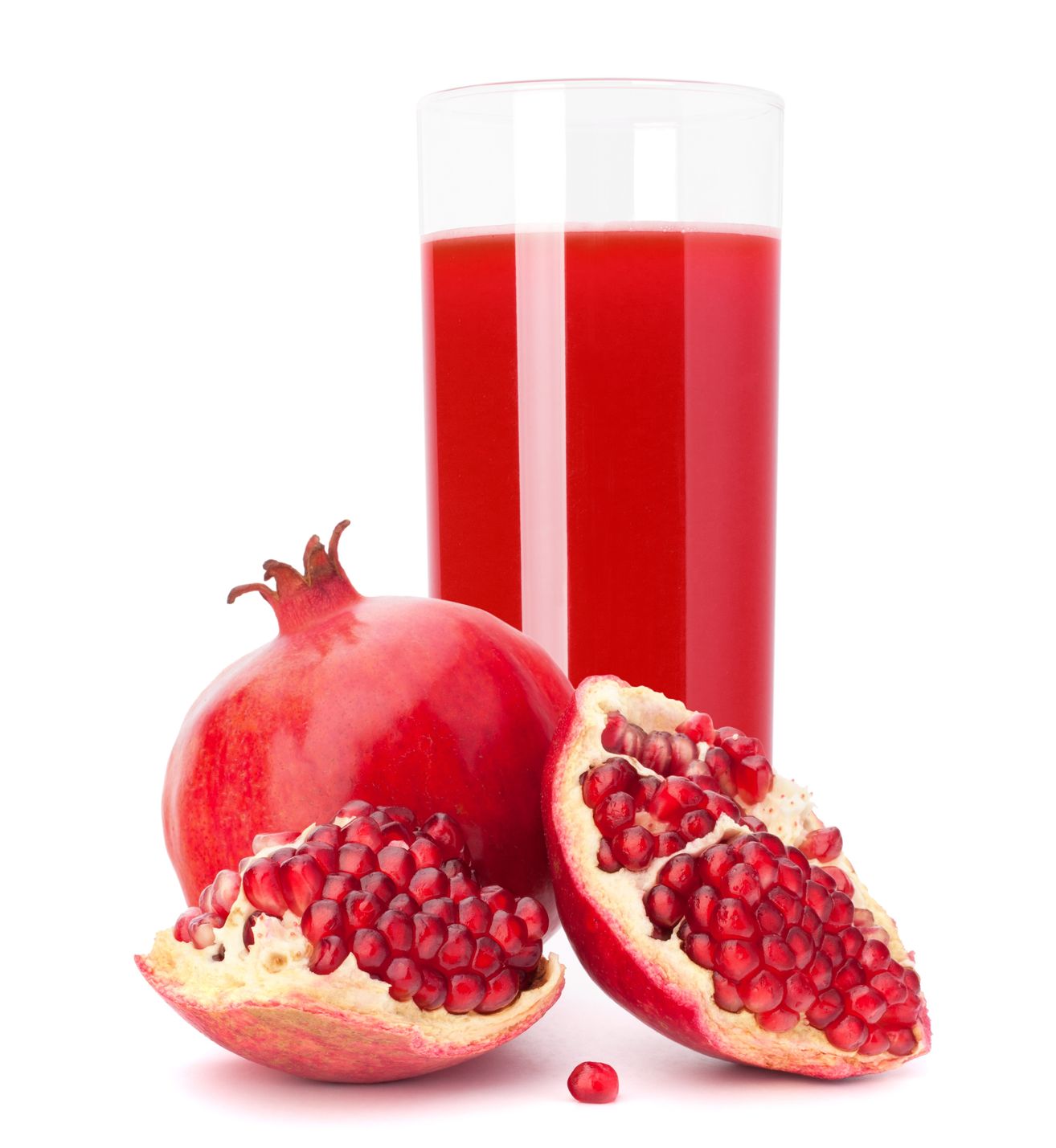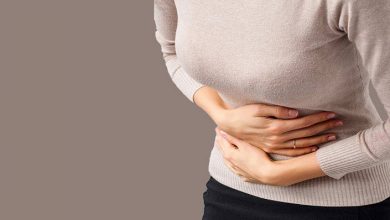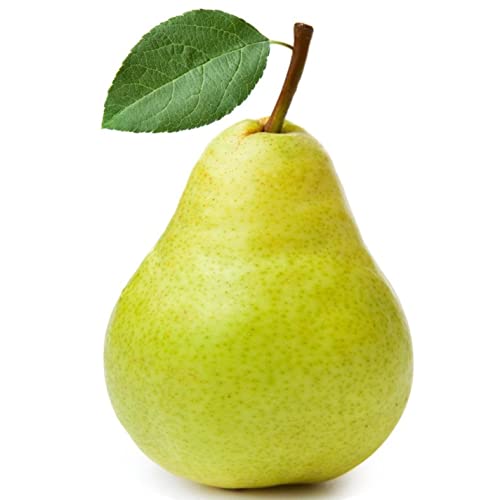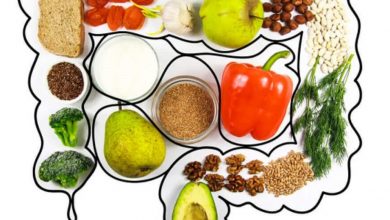Learn about the benefits and harms of black tea
According to authoritative studies, black tea has several health benefits. But excessive tea consumption is also associated with side effects, which we will discuss in both cases in the following article.
Tea is one of the most popular beverages in the world. The most common types are green tea, black tea, and oolong tea, all made from Camellia sinensis. Black tea is stronger in taste and has more caffeine than other types of tea but less caffeine than coffee.
Black tea has several health benefits, as it contains antioxidants and compounds that can help reduce inflammation in the body. Of course, drinking too much tea is harmful. Here are the pros and cons of tea.

Scientific evidence-based benefits of black tea:
Tea has been used in traditional medicine for centuries because of its healing properties. In addition, modern research suggests that the herbal ingredients in tea may play a role in reducing the risk of chronic health problems such as cancer, obesity, diabetes, and heart disease. Here are ten benefits of black tea that science supports.
Antioxidant properties
Antioxidants have many health benefits. Their consumption can help eliminate free radicals and reduce cell damage in the body, which may ultimately help reduce the risk of chronic diseases.
Polyphenols are an antioxidant found in some foods and beverages, including black tea. Some polyphenols, including catechins, typhlavin, and thyroxin, are major antioxidants in black tea and may enhance general health.
A study in mice examined the role of flavin in black tea and the risk of diabetes, obesity, and high cholesterol. The results showed that flavins reduced cholesterol and blood sugar levels. Another study examined the role of catechins in green tea extract on body weight. People who drank a 690 mg bottle of Catechin green tea daily for 12 weeks lost body fat.
While many supplements contain antioxidants, the best way to get them is through food and drink. Some research has shown that taking antioxidants as a supplement may harm your health.
Summary: Black tea contains a group of polyphenols that have antioxidant properties. Taking antioxidants may help reduce the risk of chronic disease and improve general health.
Strengthen heart health
Black tea contains another group of antioxidants called flavonoids that are good for heart health. In addition to tea, flavonoids are also found in vegetables, fruits, and dark chocolate. Regular consumption may help reduce many risk factors for heart disease, including high blood pressure, cholesterol, triglycerides, and obesity.
In a controlled randomized study, drinking black tea for 12 weeks reduced triglyceride levels by 36 percent, blood sugar levels by 18 percent, and plasma LDL / HDL ratios by 17 percent. Another study found that people who drank three cups of black tea a day were 11 percent less likely to develop heart disease.
Adding black tea to your daily routine is an easy way to incorporate antioxidants into your diet and reduce the risk of future health complications.
Summary: Black tea contains flavonoids that are good for heart health. Studies have shown that regular consumption of black tea may help reduce the risk of heart disease.
Reduce bad cholesterol
The body contains two types of lipoproteins that carry cholesterol throughout the body. One is low-density lipoprotein (LDL), and the other is high-density lipoprotein (HDL). Low-density lipoprotein is considered a bad lipoprotein because it transports cholesterol to cells throughout the body. High-density lipoprotein is good because it removes cholesterol from the cells and transports it to the liver for excretion. When there is a large amount of low-density lipoprotein in the body, it can accumulate in the arteries and form waxy deposits called plaque, leading to heart failure or stroke problems.
Some studies have shown that tea consumption may help lower LDL cholesterol.
A randomized study found that drinking five servings of black tea a day reduced cholesterol levels by up to 11 percent in people with slightly higher cholesterol levels. Another quarterly randomized study of 47 patients compared the effect of Chinese tea extract on LDL levels. The results showed that the LDL level of people who drank black tea was significantly reduced compared to the placebo group, and no adverse side effects were reported. Researchers have found that black tea helps improve cholesterol levels in people at risk for heart disease or obesity.
Summary: LDL and HDL lipoproteins are two types of lipoproteins that carry cholesterol throughout the body. Excessive levels of LDL in the body can increase the risk of heart disease and stroke. Studies have shown that black tea may help lower LDL levels.
Improve intestinal health
While some gut bacteria are good for your health, others are not. Some studies have shown that gut bacteria may play an important role in reducing the risk of health problems such as inflammatory bowel disease, type 2 diabetes, cardiovascular disease, obesity, and even cancer.
The polyphenols in black tea help maintain a healthy gut by increasing the growth of good bacteria and preventing the development of bad bacteria such as Salmonella. In addition, black tea has antimicrobial properties that help repair the gastrointestinal tract lining, remove harmful substances, and improve bacteria and intestinal immunity. However, more studies are needed before concluding on the role of black tea and its immune function.
Summary: The gut contains millions of bacteria and most of the immune system. Polyphenols and antimicrobial properties of black tea may help improve intestinal health and immunity.
Lower blood pressure
High blood pressure affects nearly one billion people worldwide. This condition can increase the risk of heart and kidney failure, stroke, vision loss, and heart attacks. Fortunately, changes in diet and lifestyle can lower blood pressure.

A randomized controlled trial examined the role of black tea in lowering blood pressure. Participants drank three cups of tea daily for six months. People who drank black tea significantly reduced systolic and diastolic blood pressure compared with the placebo group.
However, in general, the research results on the effect of black tea on blood pressure have been contradictory. A meta-analysis of five different studies involving 343 participants examined drinking black tea on blood pressure. Although the results showed that blood pressure improved, the researchers concluded that the findings were not significant.
Drinking black tea daily and lifestyle modifications such as stress management strategies may help people with high blood pressure.
Summary: High blood pressure can have many health effects. Regular drinking of black tea may help lower systolic and diastolic blood pressure, but studies in this area are not conclusive.
Reduce the risk of stroke
A stroke occurs when one of the blood vessels in the brain becomes blocked or ruptured. Stroke is the second leading cause of death worldwide. Fortunately, 80% of strokes are preventable. For example, managing your diet, blood pressure, and not smoking can help reduce your risk of stroke.
Interestingly, studies have shown that drinking black tea may also help reduce the risk of stroke. A study was conducted on 74,961 people for more than ten years. People who drink four or more cups of black tea a day are 32 percent less likely to have a stroke than those who do not.
In another study, data from nine different studies were reviewed that included more than 194,965 participants. Researchers found that people who drank more than three cups of tea a day (black or green tea) were 21 percent less likely to have a stroke than those who drank less than one cup of tea a day.
Summary: Stroke is the second leading cause of death worldwide, but it can be prevented in many cases. Studies have shown that black tea may help reduce the risk of stroke.
Lower blood sugar
High blood sugar may increase health complications such as type 2 diabetes, obesity, cardiovascular disease, kidney failure, and depression. Consuming large amounts of sugar, especially sugary drinks, raises blood sugar and increases the risk of type 2 diabetes.
When you eat sugar, the pancreas releases a hormone called insulin to deliver sugar to the muscles for energy. If you consume more sugar than your body needs, the extra sugar is stored in the form of fat. Black tea (without sugar) is a great beverage that increases insulin consumption in the body.
In laboratory studies, the properties of tea and its insulin-boosting compounds were investigated. The results showed that black tea increased insulin activity by more than 15 times. Researchers have found that different combinations in tea increase insulin levels. In particular, a type of Catechin I called epigallocatechin gallate.
Another study in mice compared the effects of green tea extract and black tea on blood pressure levels. The results showed that both teas reduce blood sugar and positively affect how sugar is metabolized in the body.
Summary: Insulin is a hormone released by the consumption of sugar. Sugar-free black tea is a great beverage that can help improve insulin intake and lower blood sugar.
Reduce the risk of cancer
The polyphenols in black tea may help prevent cancer cells from surviving.
Laboratory studies analyzed the effect of polyphenols in black tea on cancer cells and showed that black and green tea might regulate the growth of cancer cells and reduce the development of new cells. Another study examined its effect.
While black tea should not be considered an alternative cancer treatment, some studies have shown that black tea can help reduce the survival of cancer cells. More research on humans is needed to find out more about the link between black tea and cancer cells.
Summary: Black tea contains polyphenols that may help fight cancer cells in the body. Although black tea does not cure cancer, it may help reduce the growth of cancer cells.
Improve concentration
Black tea contains caffeine and an amino acid called alanine, which increases alertness and concentration. Altin increases alpha activity in the brain and promotes better relaxation and concentration.
Studies have shown that beverages containing ethane and caffeine have the greatest effect on concentration due to the impact of ethane on the brain. Maybe that’s why many people report more stable energy after drinking tea than other caffeinated beverages such as coffee.
In two randomized trials, the effect of black tea on accuracy and alertness was tested. In both studies, black tea significantly increased attention among participants compared with placebo.
If you are looking for increased energy and concentration without caffeine, black tea is the best drink for you.
Summary: Black tea can help improve concentration due to its caffeine and an amino acid called altianin. This amino acid increases alpha activity in the brain, which can help increase engagement and alertness.
Convenience of making tea
Black tea is not only useful but also easy to prepare. To make black tea, first, boil water. If you use a teabag, add it to a glass of hot water. If you use tea leaves, use 2 to 3 grams of tea leaves for every 6 ounces of water (170 grams). Depending on your taste, let the tea brew in water for 3 to 5 minutes. For a stronger tea, use more leaves and a longer brewing time. Then take a tea leaf or tea bag out of the water and sip.
Summary: Making black tea is simple and only takes a few minutes. You can use a free tea bag or leaf and adjust the taste to your liking.
Result:
If you are looking for low-calorie and non-sweetened drinks with less caffeine than coffee or energy drinks, black tea is a great option. This drink has a strong and unique taste and contains many antioxidants that have various health benefits. These include improving cholesterol, gut health, and lowering blood pressure.
Disadvantages and side effects of excessive consumption of black tea:
Although moderate tea consumption is very healthy for most people, consuming more than 3 to 4 cups of tea per day (710 to 950 ml) can have undesirable side effects. Below are the possible side effects of drinking too much tea.
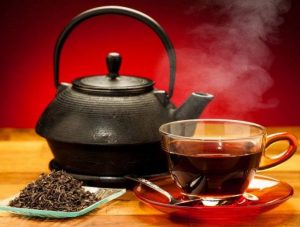
Decreased iron absorption
Tea is a rich source of a group of compounds called that. Tannins can bind to iron in some foods, so iron is not available for absorption in the digestive tract. Iron deficiency is one of the most common nutrient deficiencies in the world, and if you have low iron levels, consuming too much tea may make your condition worse.
Studies show that the tannins in tea block the absorption of iron in plant foods more than the iron in animal foods. Therefore, if you follow a plant-based diet, paying more attention to your tea consumption is better.
The exact amount of tannin in tea can vary greatly depending on the type and method of preparation. However, limiting tea consumption to 3 cups or less per day (710 ml) is probably a safe range for most people.
If you are low in iron but still want to drink tea, try it with caution. Reduces the likelihood of tea affecting iron absorption during meals.
Summary: The tannins in tea can bind to iron in plant foods and reduce iron absorption in the digestive tract. If you are low in iron, drink tea between meals.
Increased anxiety, stress, and restlessness
Tea leaves naturally contain caffeine. Excessive caffeine consumption from tea or any other source can lead to feelings of anxiety, stress, and restlessness.
Depending on the type and method of brewing, an average cup (240 ml) of tea contains about 11 to 61 mg of caffeine. Caffeine usually has more caffeine than green and white tea, and the longer it is brewed, the more caffeine it has.
Studies show that less than 200 mg of caffeine a day is unlikely to cause significant anxiety in most people. However, some people are more sensitive to the effects of caffeine and may need to consume it.
If you find that drinking tea can make you restless or nervous, it could be a sign of overdose, and it is best to reduce your tea intake to reduce symptoms.
You can also choose decaffeinated beverages. Drinks are not considered real tea because they are not derived from the plant Camellia sinensis. Instead, they are made from decaffeinated varieties such as flowers, plants, and fruits.
Summary: Excessive caffeine consumption of tea can cause anxiety and restlessness. If you notice these symptoms, limit your tea consumption or substitute tea for decaffeinated teas.
Poor sleep
Because tea naturally contains caffeine, consuming too much of it may disrupt your sleep cycle. Melatonin is a hormone that tells the brain it’s time to sleep. Some research suggests that caffeine may inhibit melatonin production and reduce sleep quality. Inadequate sleep is associated with various problems, including fatigue, memory impairment, and decreased attention span. In addition, chronic insomnia is associated with an increased risk of obesity and poor blood sugar control.
Different people metabolize caffeine at the rate of metabolism, and it is difficult to predict its effect on each person’s sleep pattern accurately. Some studies have shown that even 200 mg of caffeine consumed 6 hours or more before bedtime can negatively affect sleep quality, while others have no significant effect.
If you have symptoms of poor sleep quality and drink caffeinated tea regularly, it is best to reduce your consumption, especially if you also use other caffeinated beverages or supplements.
Summary: Excessive caffeine consumption of tea can reduce melatonin production and disrupt sleep patterns.
Nausea
Some substances in tea may cause nausea. Especially when consumed in large quantities or on an empty stomach.
The tannins in tea leaves are responsible for their bitter taste. The astringent nature of tannins can also irritate the digestive tissue and potentially lead to distressing symptoms such as nausea and stomach pain.
The amount of tea with which these effects are observed varies depending on the individual. More sensitive people may experience these symptoms after drinking one or two cups (240 to 480 ml) of tea, while others may be able to drink more than 5 cups (1.2 liters) of tea without feeling uncomfortable.
If you notice any of these symptoms after drinking tea, it is best to reduce the tea consumed per serving. You can also add a little milk or some tea to your tea. Tannins can bind to proteins and carbohydrates in the food, which can minimize digestive irritation.
Summary: The tannins in tea may irritate the digestive tissue in sensitive people and lead to symptoms such as nausea and stomach pain.

Heartburn
The caffeine in tea may cause heartburn or worsen the symptoms of acid reflux. Studies show that caffeine can relax the esophageal sphincter, which separates it from the stomach, easily allowing stomach acid to enter the esophagus. Caffeine may also help increase stomach acid production.
Of course, drinking tea may not necessarily cause heartburn. Different people react differently to one food. However, if you drink a lot of tea regularly and have frequent heartburn, it is not a bad idea to reduce your intake and see if your symptoms improve.
Summary: Caffeine in tea can cause heartburn or worsen gastric acid reflux, as it relaxes the lower esophageal sphincter and increases stomach acid production.
Complications of pregnancy
Exposure to high levels of caffeine from beverages such as tea during pregnancy may increase the risk of complications such as miscarriage and low birth weight.
Information on the dangers of caffeine use during pregnancy varies, and it is not yet clear exactly how safe it is. Most research shows that if you keep your daily caffeine intake to less than 200 to 300 mg, your risk of side effects is relatively low. However, the American College of Obstetricians and Gynecologists recommend not taking more than 200 mg per day.
The total caffeine in tea can vary but is usually between 20 and 60 mg per cup (240 ml). Therefore, it is better not to drink more than three cups (710 ml) of tea a day as a precaution.
Some people prefer to use decaffeinated herbal teas to prevent caffeine exposure during pregnancy. However, not all herbal teas are safe for pregnancy. For example, herbal teas containing Black Cohosh or Liquorice may cause preterm labor and should be avoided.
If you are pregnant and worried about consuming caffeine or herbal teas, ask your doctor for advice.
Summary: Excessive caffeine consumption of tea during pregnancy may cause complications such as miscarriage or low birth weight. Herbal teas should also be used with caution, as some of them may induce labor.

Headache
Irregular caffeine consumption may help relieve some headaches. However, if taken consistently, it may have the opposite effect.
Regular consumption of caffeinated tea may play a role in causing recurrent headaches. Some studies show that even 100 mg of caffeine a day can play a role in the recurrence of daily headaches, but the exact amount needed to cause a headache varies depending on the patient’s tolerance.
Tea is usually less caffeinated than other caffeinated beverages such as coffee or caffeinated beverages, but some caffeine can reach 60 mg per cup (240 ml). If you have recurring headaches and think they may be related to tea consumption, try eliminating this drink from your diet or reducing your intake to see if your symptoms improve.
Summary: Regular consumption of caffeine in tea can cause chronic headaches.
Dizziness
Although dizziness or vertigo is a less common side effect, it can be caused by excessive caffeine consumption of tea. This symptom is usually associated with high levels of caffeine, generally more than 500-400 mg or approximately 6 to 12 cups (2.8-1.4 liters) of tea. However, in hypersensitive people, it may occur at lower doses. In general, drinking this amount of tea at the same time is not recommended. If you feel dizzy after drinking tea, consume less caffeine or talk to your doctor.
Summary: High levels of caffeine in tea can cause dizziness. This side effect is less common than other cases and usually occurs only if you consume more than 6-12 cups of tea.
Caffeine addiction
Caffeine is a stimulant that causes habituation, and regular consumption of tea or any other source can lead to addiction. Symptoms of caffeine withdrawal can include headache, irritability, increased heart rate, and fatigue.
The amount of exposure required to develop addiction varies considerably from person to person. However, some studies suggest that it may start even after three consecutive days and increase severity over time.
Summary: Even a small amount of regular tea can lead to caffeine addiction. Withdrawal symptoms include fatigue, irritability, and headache.
Result:
Tea is one of the most popular beverages in the world. Tea is enjoyable and has many health benefits, such as reducing inflammation and reducing the risk of chronic diseases.
Although moderate amounts of tea are healthy for most people, drinking large amounts of tea can lead to side effects such as anxiety, headaches, digestive problems, and sleep patterns. Most people can consume 3-4 cups of tea daily without side effects, but some may experience side effects in low doses.
Most of the known side effects are related to drinking tea with caffeine and tannins in it. Some people are more sensitive to these compounds than others. Therefore, it is important to understand how your tea habit can affect you.
If you experience any side effects that you think are related to tea consumption, try to reduce its consumption gradually to find the right level. Consult your doctor if you are unsure about the safe amount of tea to drink.



